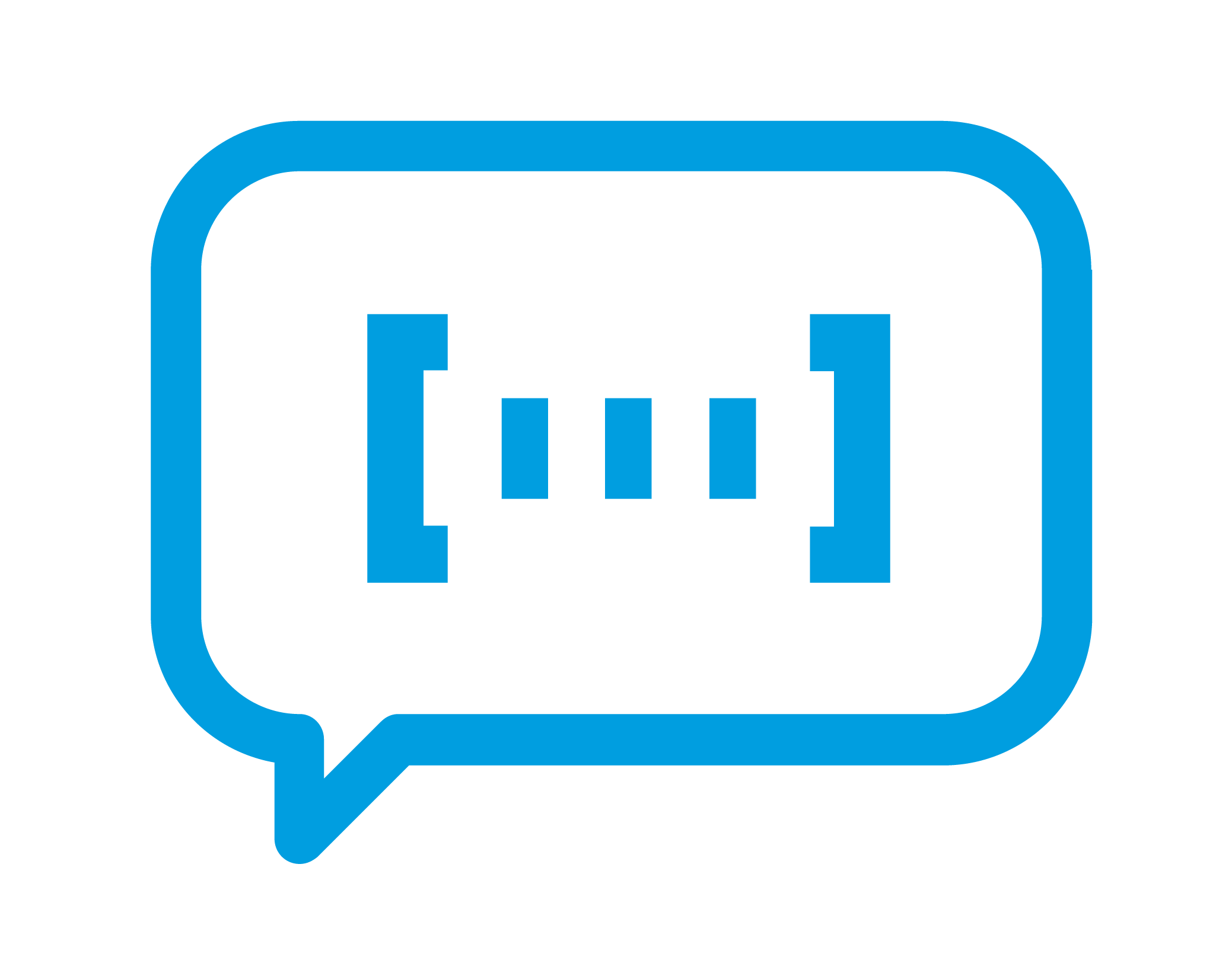4 Actionable Lean Change Management Practices-EN
Belen Oller
- Change Management
- Article
In the first quarter of 2021, we were excited to present two new classes: APMG’s Agile Change Agent and Lean Change Management’s Lean Change Agent.
These two courses are very different, but also complimentary so I want to explain a little about each and also give away some of the content that can help you, even without attending the workshop to gain the full context.
This article will focus on the Lean Change Agent. Find out more about how the approach an Agile Change Agent takes in their work, see my Agile Change Agent: An Agile Approach to Change Management article.
What is a Lean Change Agent?
A Lean Change Agent utilizes techniques for change management that are designed specifically for responding to changes in environments of high uncertainty and complexity (so basically, almost every environment these days).
In our 2-day workshop students will gain knowledge and practical experience on different ideas, techniques and modern tools for change management that are inspired by Agile, Lean, and Lean Startup in order to, as a Change Agent, walk alongside teams and the organization in the fast pace of current change.
Lean Change Management Practices
Walking through the workshop is the best way for me to give you some insight into not only the session but also into actionable Lean Change Management practices. The workshop is divided into four modules:
1. The Change Ecosystem
This model emphasizes the idea that “everything is connected” and that, therefore, it’s important to understand the connections within our ecosystem of change, because “pretending to make changes in an isolated way within an organization is almost a utopia.”
Defining the change strategy, that is, the actions we will take. Several key actions to consider before addressing any changes includes:
- defining the vision
- communicating the importance of change to the organization
- determine how to will measure success
- outlining who will be affected
- understand how the Change Management team will support and partner with those going through the change
It’s important to note that the focus isn’t on thinking about how to move forward with the changes, but on thinking about what we want to happen and the impact that we want to make as a change team. For this, Lean Change Management proposes that we work with the “Strategic Change Canvas”, which you can download from the Lean change Management site.

2. Alignment
Aside from understanding the change ecosystem, we must align the different visions and perspectives of those who are part of it. As I pointed out at the beginning, this is about co-creating, not imposing; it is about influencing, not dragging.
“Alignment begins with a conversation.”
During the workshop, we experiment with different techniques that help us to spark the conversation. With this conversation, what we’re searching for is a shared understanding: to understand other points of view and to expand our own. During this phase, the goal is to not work with assumptions, but with reality instead.
For this, one of the techniques that LCM proposes we use is a “Perspective Map”. This technique allows us to visualize each person’s opinions on the change and to think about how to respond to them. This technique can also help us identify early adopters or visionaries who will help us spread change.

3. Experiments
Lean Change Management is a cyclical change model that is explained through the Lean Management Cycle. This cycle proposes understanding the organization’s current situation before beginning the planning stage.
For this, we have to collect insights: information around the change that we want to address.
Once we have enough insights, we need to have options. Options are ideas or suggestions for how to move the change forward; they all have different costs, value, and impact which help us prioritize them.
Options are based around the hypothesis that we have about the change. The goal is to refute or validate these hypotheses through experiments.
With experiments, we introduce the change and measure if it works or not.

Experiments, in turn, have a sub-cycle that involves preparing, introducing, and reviewing.
- During preparation, we plan the experiment. At this point, we only have one hypothesis about the change. At this stage, we’re planning how to refute or validate that hypothesis.
- When we introduce the change, we’re already introducing it and working with people affected by it.
- After the predefined experimentation time window, we review and track the results to understand whether or not it has worked and how we will move forward.
The experimentation model is one of the coolest and most impactful things that you can get out of LCM. Nothing we can tell you in writing will match the workshop experience!
4. Personas
Last but not least: remember that “this is about people.” In this module, we seek to understand how people reacted prior to change and the difference that usually exists between an internal change (which we search for ourselves) and an external change (which comes to us without seeking it out). From there, think about how we can influence people so that they want to be part of the change (remember the early adopters that I mentioned earlier).
One my favorite aspects of this workshop is that all of the modules are closely related and that, as the presentation of techniques progresses, they all come together and complement each other perfectly.
At the end of the two days, you will discover that you now have a mountain of resources and new practices in your back pocket that are totally applicable in the day-to-day.
I hope you will join me in class!
— Belen

Become a Lean Change Agent
Get more information about out our Lean Change Agent course and earn your certification.
